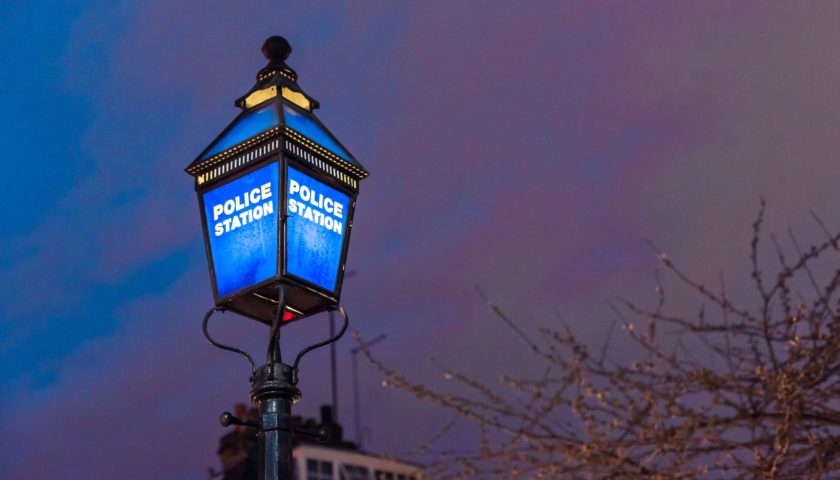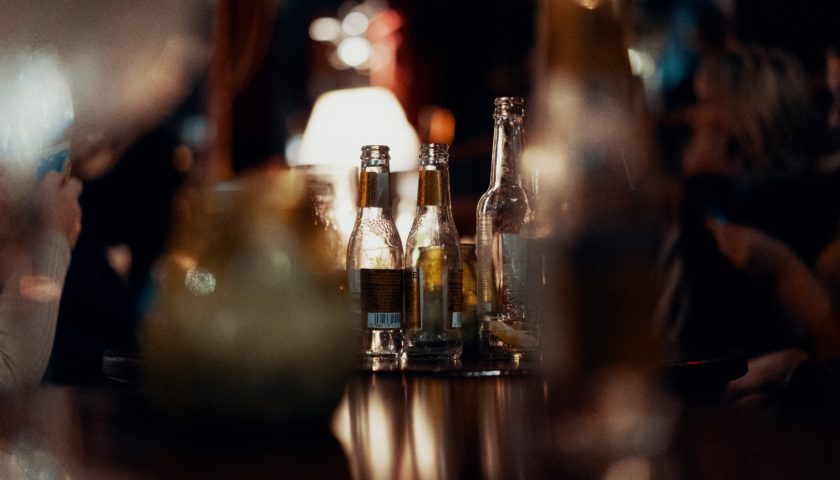Spiking, for those who are unfamiliar, is the act of tampering with someone’s drink by putting alcohol or drugs in it without their acknowledgement or permission. It is not only substances being placed into a drink, as a new method of spiking has come to fruition in the form of injection. A crime which has been rapidly on the rise in recent months with cases being reported all over the UK and Ireland.
A staggering statistic from Police data covering 33 of the 44 forces within the UK and Ireland suggested that at least 25 people a week were victims of spiking per week, almost double of the reported cases per week in 2018. Questions need to be asked as to why there is such a significant rise in cases and what is being done to tackle the problem. “Almost 200 drink spiking incidents have been reported to police forces across the UK over the past two months”, the National Police Chiefs’ Council said on Friday. A shocking number of incidents and they’re only the ones that are reported.
Victims of spiking often feel like they’re at fault. 20-years-old Manchester student Fina Williams, is one of these victims as a casual night out on Wednesday 22nd September was cut short with Williams collapsing and being found unconscious just before midnight, behind a club, on her own. “After being taken home by my friends, my eyes had rolled back, I began to go cold and started frothing from the mouth” Williams recalled.
Later she was taken to hospital where she was violently vomiting for several hours. This frightening ordeal is a consequence of drinking spiking which not only put them through physical distress but also affects the victim mentally too as Laura-Louise Moloney who was spiked in 2015 stated, “I was extremely sick and was shaking for weeks after… it all caused me extreme mental distress and anxiety.” The knock-on effect for spiking victims can lead to anxiety & depression as well as a plethora of other mental health issues.
Blogger Rose Stokes made an account of her experience with being spiked and said, “The imposition of lockdown last year put a stop to this trend by closing pubs and clubs – the most likely venues for such a crime to take place. For me, this felt like a relief. I would no longer have to find excuses not to go to social events or drink, which had become an anxiety-inducing experience.” These accounts further cement the severity of the impact that spiking can have during and after the event. A look at Rose’s blog provides an insight into how badly it can affect people.

I went out in pursuit of opinions from different perspectives of this growing problem.
💬 Are you familiar with what ‘spiking’ is, if so, what do you think the punishment should be for doing it?
“Yes, it is disgusting. I think the punishment for spiking is a maximum of 10 years which in my eyes is way too lenient, it should be much higher depending on the severity of what happens. Although I don’t believe the state should have that level of power.” – James, 26
💬 What are your thoughts on the recent surge in spiking cases throughout the country?
“I’m not sure if they’ve detected any trends but that is something they need to look at. A surge as sudden as this definitely has an ominous reason to it. Is there like-minded groups of people who organise these acts or is it just individuals acting alone?
Whilst I haven’t kept fully updated on the situation I suspect that during the lockdown, people are more inclined to do such things due to having so much free time available and being alone throughout most of it. Typically, on the Internet, you can find like-minded groups of people who will, unfortunately, have these sick beliefs further reinforcing a criminal’s own.
In terms of preventative measures that can be put in place on a daily basis I’m not too sure, but what I would say is that do everything in your power to help avoid a situation, but of course sometimes it isn’t always avoidable. It is about finding a balance by staying as safe as you can whilst not jeopardising your life too much. Try to keep with people you know and be mindful of the amount that you drink. The rules should definitely change though in order to allow people but mainly women to feel safe.” – James, 26
💬 Do you feel enough is being done in order to prevent this from happening?
“No, I don’t think there is enough being done. Two girls on my course alone have been spiked within two days. People are spiking drinks, cigarettes and have now resorted to injecting people. Having been spiked recently myself, it was an overwhelmingly bad experience, I personally was so out of it that anything could’ve happened. For people like me with mental health issues and that take medication, it can be a matter of life and death. It has really driven my anxiety through the roof after this ordeal.” – Female, 19, who wishes to remain anonymous
💬 Do you have any solutions to solve this growing problem?
“I think people should be searched prior to entry on any establishment especially nightclubs as that is where it seems to be happening most. Covers for drinks should be offered with free tests to detect any substances within drinks behind the bar. Although it’s hard to get justice for there should also be much harsher punishments for the criminals behind these disgusting acts.” – Female, 19, who wishes to remain anonymous
💬 How has this recent surge in spiking affected your business?
“Business has been down quite considerably in recent months and combined with COVID it has really been tricky to manage. The criminals who carry out these crimes don’t realise that not only are they affecting the victims of the spiking, but it also has a knock-on effect on landlords too. We are almost forgotten about when it comes to that, but it is our livelihood under attack also. I’m struggling to pay the staff and with the boycotts that have been going on it has really put a strain on me financially to keep my staff in a job but also to keep the business afloat. The victims of these crimes need justice.” – Richard, 42
💬 What are you doing to help tackle this problem?
“In terms of tackling the problem I’ve purchased covers for drinks, which are really hard to remove once put on. They fit on most of our glasses and they are reusable too which is a bonus. In addition, I’ve also told security to do a quick search of people before they enter the establishment and have some in plain clothes within to keep a watchful eye over proceedings.” – Richard, 42

The overall consensus is that the punishment and conviction rate for spiking isn’t sufficient enough for how serious the crime is. In 2018, Police in Scotland reported that they had recorded 74 spiking cases from 2016 to now, but contrasting statistics from the Scottish Government confirm that, “In the past five years there have been no convictions for the offence of administering a substance for sexual purposes or the offence of drugging”. A worrying statement from the authorities in Scotland throws up questions as to why convictions are so rare despite holding a maximum 10 year sentence?









